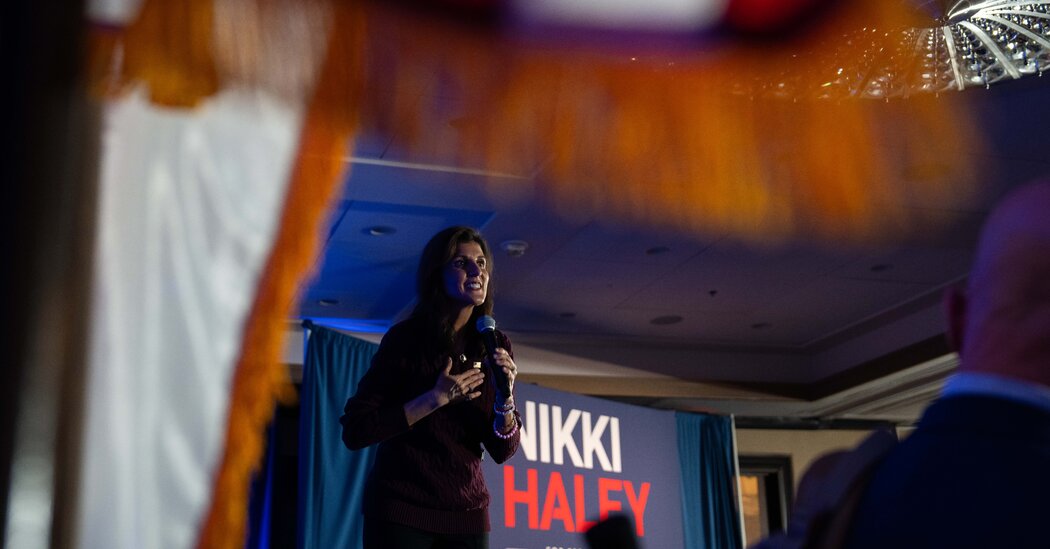Ukrainian President Volodymyr Zelenskyy’s five-year term officially ended on May 20, but he will stay in office until the security situation allows for elections.
The Kremlin has been quick to question Zelenskyy’s legitimacy based on this technical extension, yet such criticisms ignore the significant challenges to holding a democratic vote in wartime Ukraine.
Since Russia’s full-scale invasion began in February 2022, the feasibility of conducting free and fair elections, as Ukraine did during earlier phases of conflict since 2014, has drastically diminished.
Security remains the primary obstacle to elections. The Ukrainian government cannot guarantee the safety of voters and election officials amid constant threats from Russian attacks, which have frequently targeted civilians. Furthermore, international election observers cannot safely operate in such an environment.
The participation of Ukrainian soldiers, both as voters and candidates, is another issue; any election activity involving military personnel could become a prime target for Russian forces.
Additionally, the inability to conduct safe election campaigns, with the risk of public gatherings being bombed, and the need to shift campaigns online, would compromise the democratic process and increase susceptibility to Russian interference.



